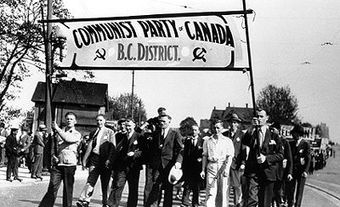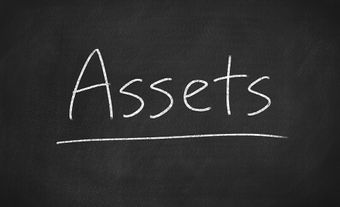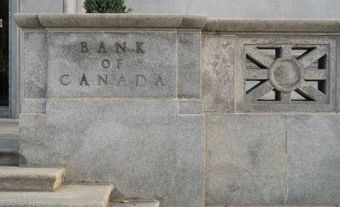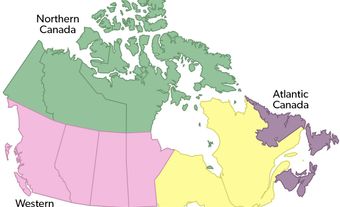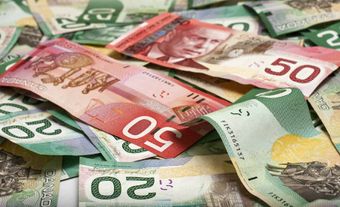In economics, capital traditionally refers to the wealth owned or employed by an individual or a business. This wealth can exist in the form of money or property. Definitions of capital are constantly evolving, however. For example, in some contexts it is synonymous with equity. Social capital can refer to positive outcomes of interactions between people or to the effective functioning of groups. Human capital refers to people’s experience, skills and education, viewed as an economic resource.

In the 18th century, Scottish philosopher Adam Smith wrote about capital in its traditional sense. He distinguished capital from other assets such as a home or luxury goods. Smith defined capital as wealth that can create additional income, such as machinery and equipment.
Capital — which is the root word of capitalism — has had positive connotations throughout much of history. In modern times, however, people have strongly disagreed about the degree to which the profits of capital should be shared between owners and workers. This debate has caused many political conflicts throughout recent history.
Capitalism has had notable critics, ranging from German philosopher Karl Marx in the 1860s (see Marxism) to French economist Thomas Piketty in the 2010s. British economist John Maynard Keynes has also greatly influenced how people think about capital. Writing in the 1930s, Keynes criticized the aspect of capitalism that allows people to live off interest income. He believed that people who earned wealth this way did not contribute productively to the economy. Over time, Keynes’ theories influenced governments to drive down real interest rates for individual investors to near zero after taxes and inflation. (See also Keynesian Economics.)
During the 2019 Canadian federal election campaign, the New Democratic Party leader, Jagmeet Singh, proposed a 1 per cent “super wealth tax” on assets of more than $20 million. Such a tax would, in large part, have functioned as a tax on capital.
See also Capital Formation.

 Share on Facebook
Share on Facebook Share on X
Share on X Share by Email
Share by Email Share on Google Classroom
Share on Google Classroom
